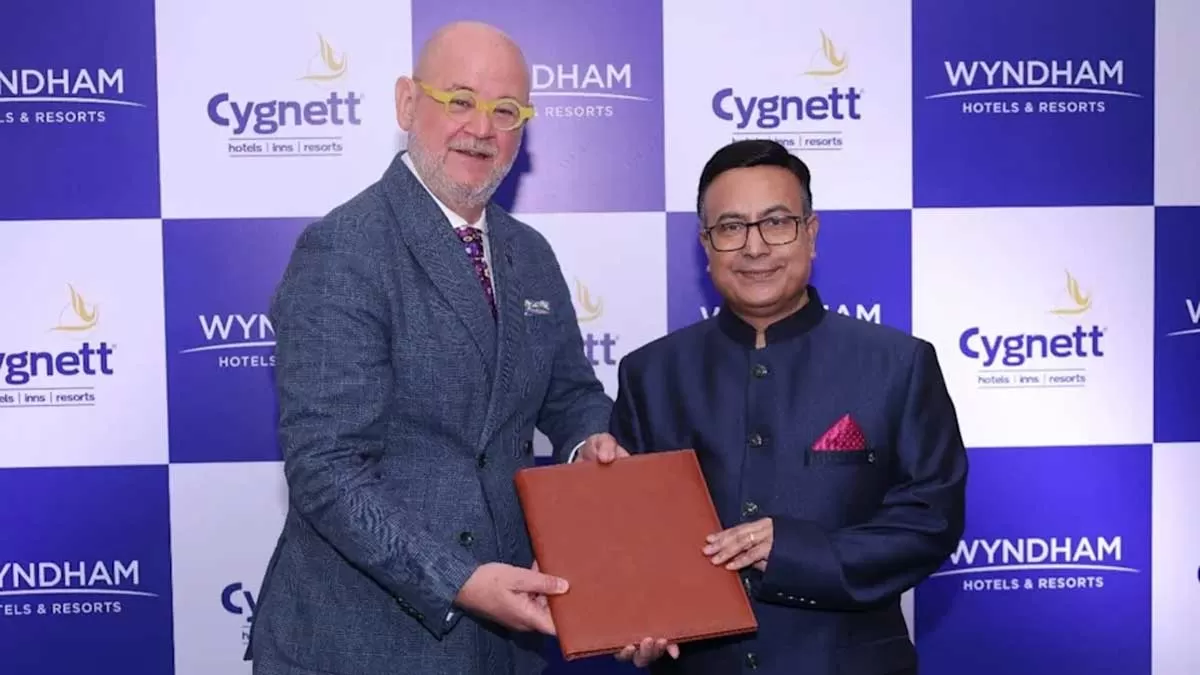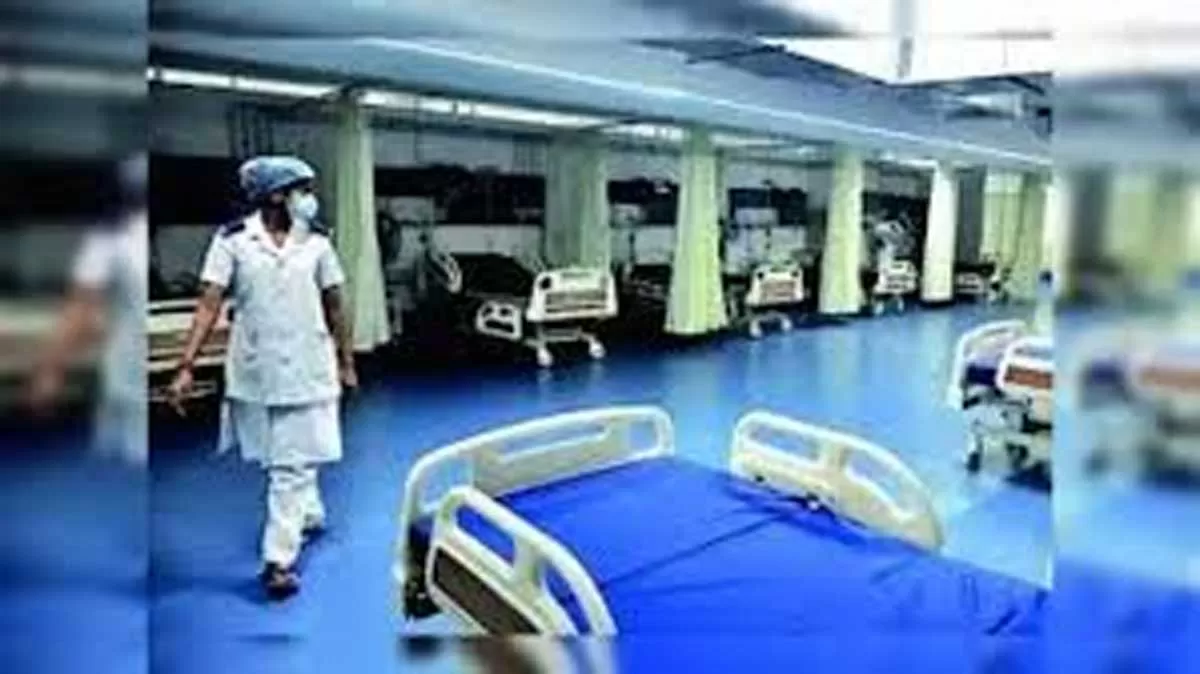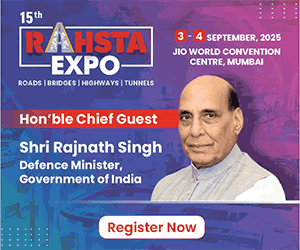- Asim Chakraborty, COO-Roads, Welspun Enterprises
It aims to be among the top two value creators in each of its businesses, the top 10 most respected Indian brands, and the top 50 groups in India in terms of market value by 2020 - meet Welspun Enterprises (WEL), part of the Welspun Group! In the infrastructure segment, WEL has developed and operates PPP projects in various sectors such as roads, water and urban infrastructure. In the highway sector alone, the company has successfully completed six BOT (toll) road projects with a total length of over 500 km. With its construction order book standing at around Rs 3,500 crore as on September 30, 2017, the company will continue its focus on the roads and highways sector in the medium-term.
Asim Chakraborty, COO-Roads, Welspun Enterprises, shares more on the company's strategies and plans in conversation with SERAPHINA D'SOUZA.
Which of the segments you operate in contributes maximum to the company's business growth?
With an infrastructure presence across segments such as roads and highways, water, and urban infrastructure, we have been actively involved in all these sectors. The traction in the roads and highways sector has contributed the maximum to our business so far. We continue to see a major opportunity in this sector, particularly in the hybrid annuity model (HAM) projects of NHAI and other agencies.
Last July, the company had acquired a 49 per cent stake in two NHAI HAM projects from MBL Group at Rs.23 crore. What was the strategy behind this?
Yes. One project includes four-laning of the Chutmalpur-Ganeshpur section of NH-72A and Roorkee-Chutmalpur-Gagalheri section of NH-73, with a bid project cost of Rs 942 crore; and the other involves four-laning of the Gagalheri-Saharanpur-Yamunanagar (Uttar Pradesh/Haryana border) section of NH-73, with a bid project cost of Rs 1,184 crore. The two projects are contiguous to each other, and their scheduled construction time is 24 months. We acquired 49 per cent stake in these two projects from MBL Group, subject to the necessary approvals and statutory compliances. We also have the option to further acquire the remaining 51 per cent stake as and when the regulator NHAI permits. Over the past few years, Welspun Enterprises has emerged at the forefront on numerous bids mainly owing to its operational efficiency. The acquisition of these two projects is also part of our strategy to build a strong and profitable portfolio of HAM projects, and execute them well within the stipulated time.
What is the status on the Delhi-Meerut Expressway (Package-I)?
The Delhi-Meerut Expressway (Package-I) project has achieved 75 per cent physical progress as in November 2017. We should complete this project by the end of January, ie, in around 14 months against the stipulated period of 30 months.
Why do you see HAM as a preferred mode of execution?
HAM is an attractive model for lenders and developers with a strong balance sheet as there is no toll risk, and the payment from NHAI is prompt. We must also acknowledge that NHAI has actively addressed a lot of concern areas for developers in HAM, particularly relating to land acquisition and availability. This proactive attitude from NHAI is reflected in the success of this mode. We will also evaluate other developer models, and participate in them if they are viable.
What is the company's current portfolio of HAM projects?
We have recently bagged a HAM project worth Rs 1,161 crore from NHAI for six-laning of the Aunta-Simaria (Ganga Bridge with approach roads) section of NH-31 in Bihar. With this, our current HAM portfolio consists of four projects with an aggregate bid project cost of Rs 4,200 crore.
Tell us about innovative technologies or high-quality materials you have used in recent projects.
We have made use of automation, ie use of sensor-based vibratory rollers for automatic compaction monitoring and control, which helps avoid human errors of judgement and miscommunication, leading to zero rework. Further, we have made use of CCTV or video-based progress monitoring and analytics; cameras have been installed at critical locations for on-site and remote monitoring of progress, safety and quality. Besides, we also make use of fibre-reinforced concrete in crash barrier to improve the project time cycle, and captive solar power plant to meet project electricity requirements, which reduces the carbon footprint and eliminates dependence on power supply.
What is your current order book and what are your planned investments in terms of sourcing equipment, etc, for 2017. Our construction order book was around Rs 3,500 crore as on September 30, 2017. We operate on an asset-light execution model, and subcontract our order book.
At present, we are getting the work executed through EPC contractors, so we do not foresee any additional investment for sourcing equipment at our end. Our planned investment in projects at hand will be around Rs 400 crore in 2017-18.
Do you have any recommendations for a smoother process in the roadways segment?
The main execution-related issues faced, especially in urban areas, are related to shifting of obstructing utilities and removal of encroachments. We would request authorities to ensure that the encroachments are removed and utility shifting is set in motion before a project is awarded.
What are your growth prospects for the coming fiscal?
The company achieved a sales turnover of Rs 314 crore in FY2017 as against Rs 188 crore in FY2016. For FY2018, we are expecting a sales turnover between Rs 1,000 crore and Rs 1,200 crore, and a construction order book of around Rs 4,000 crore. Our focus will continue to be the roads and highways sector in the medium-term.
FACT SHEET
Year of establishment: 1994.
Top management: BK Goenka, Chairman; Sandeep Garg, Managing Director & CEO; Asim Chakraborty, COO-Roads.
Areas of operation: Primarily North and West India.
Centre of operation: Mumbai.
No. of employees: 525.
Completed projects: 10.
Ongoing projects: 4 (Delhi Meerut Expressway-Package 1; construction of Aunta-Simaria Road Project in Bihar; BHEL House Renovation in New Delhi; and Mohali Water Supply project).
Upcoming projects: 2 (Chutmalpur-Gagalheri-Roorkee Road Project in Uttar Pradesh and Uttarakhand; and Gagalheri-Saharanpur-Yamunanagar Road Project in Uttar Pradesh and Haryana).
Turnover: Rs.400 crore.
Order book: Rs.3,500 crore.
For suggestions on leading contractors in India, write in at feedback@ConstructionWorld.in























